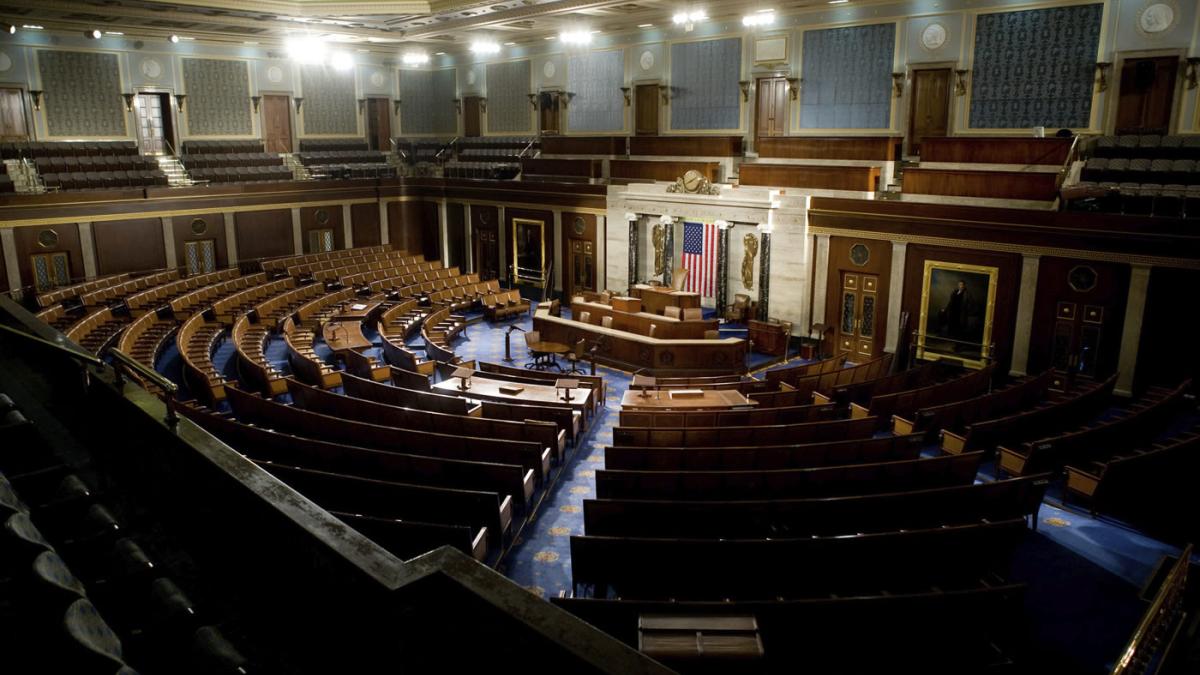Congressman Dan Meuser Introduces DOGE-Related Bill to Crack Down on Improper Federal Payments

Washington, D.C. – Today, Congressman Dan Meuser (PA-09) introduced the Payment Information Integrity Reform Act, a crucial piece of legislation aimed at tackling the staggering levels of improper payments across federal programs.
In Fiscal Year 2023 alone, federal agencies made $236 billion in what the Government Accountability Office deemed improper payments— money sent out improperly due to fraud, bureaucratic errors, and agencies failing to maintain eligibility integrity.
The Payment Information Integrity Reform Act strengthens oversight, imposes penalties for noncompliance, and demands greater accountability from federal agencies to ensure taxpayer dollars are spent as intended.
“Thanks to President Trump’s leadership and the work of Elon Musk and the DOGE team, we’ve already uncovered $55 billion—and counting—in waste across the federal government, but the problem runs far deeper,” said Congressman Meuser. “The federal government expended $236 billion last year in improper payments, which is a gross failure of accountability that hardworking American taxpayers should not tolerate. The Payment Information Integrity Reform Act will put an end to this careless mismanagement at federal agencies. The American people deserve government agencies that manage their money more responsibly, and this bill will help ensure stronger oversight, enforce real consequences for noncompliance, and prevent taxpayer dollars from being wasted through fraud and bureaucratic negligence. The House GOP remains committed to working with President Trump and DOGE to rein in spending and address waste, fraud, and abuse.”
Key Provisions of the Payment Information Integrity Reform Act:
- Establishing an Overpayment Czar – Creates the Director of Improper Payment Mitigation, also known as the "Overpayment Czar," within the Office of Federal Financial Management at OMB to identify and reduce improper payments.
- Expanding Financial Management Oversight – Requires federal agencies to develop and implement stricter financial management plans to reduce payment errors.
- Holding Agencies Accountable – Penalizes federal agencies for consistent noncompliance with payment integrity laws, imposing a 5% budget reduction for the first year of noncompliance and a 10% reduction for every subsequent year.
- Improving State-Level Fraud Prevention – Mandates that states receiving federal funds for major entitlement programs like Medicaid, TANF, SNAP, unemployment insurance, and WIC adopt federal fraud prevention tools—or face repayment of any overpayments.
- Strengthening Data Sharing – Expands the Treasury’s Do Not Pay system to prevent improper payments to ineligible recipients, including the deceased—a problem that cost taxpayers $1.3 billion in FY23 alone.
Background:
Since 2003, federal executive branch agencies have made an estimated $2.7 trillion in improper payments, according to the Government Accountability Office (GAO). Despite existing laws requiring payment integrity, a lack of enforcement and oversight has allowed waste and fraud to continue unchecked.
By introducing real financial consequences for agencies that fail to comply with payment integrity laws, the Payment Information Integrity Reform Act will finally bring accountability to federal spending and ensure taxpayer money is used responsibly and efficiently.
Text of the legislation can be found here.
The Payment Information Integrity Reform Act was referred to the House Committee on Oversight and Government Reform.
###
